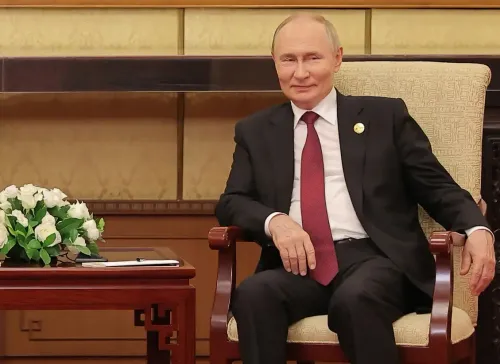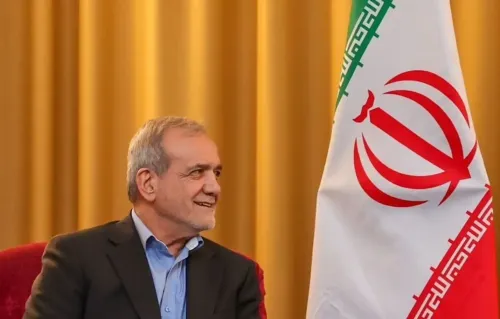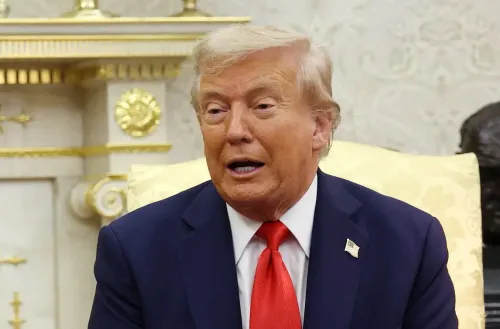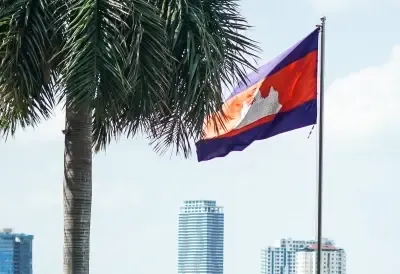How is South Korea Uniting Efforts to Tackle North Korea's Nuclear Challenges?
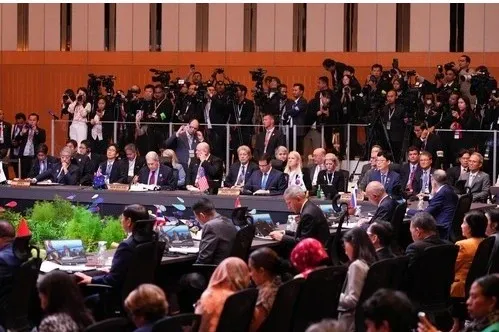
Synopsis
Key Takeaways
- South Korea emphasizes unity in addressing North Korea's nuclear threats.
- Ongoing commitment to achieve lasting peace on the Korean Peninsula.
- Importance of support from EAS member states highlighted.
- Focus on diplomacy with ASEAN partners.
- Commitment to addressing emerging challenges like natural disasters.
Kuala Lumpur, July 11 (NationPress) On Friday, South Korea urged for collective action to address North Korea's nuclear challenges, committing to advance toward achieving enduring peace on the Korean Peninsula under the leadership of President Lee Jae Myung.
During the foreign ministers' meeting of the East Asia Summit (EAS) hosted by the Association of Southeast Asian Nations (ASEAN) in Malaysia, First Vice Foreign Minister Park Yoon-joo emphasized these points.
Park represented the nation at a series of ASEAN meetings this week, stepping in for the foreign minister nominee Cho Hyun, whose confirmation is still pending.
The vice minister stated that the government will "persist in its endeavors to attain lasting peace and prosperity on the Korean Peninsula, while making concrete advancements in addressing North Korea's nuclear matters," as noted in a foreign ministry release.
He also highlighted the significance of support from EAS member nations for these initiatives and stressed the necessity of delivering a unified message to North Korea, as reported by Yonhap.
In addition to South Korea, EAS comprises 10 ASEAN nations, Japan, China, Australia, India, New Zealand, Russia, and the United States.
Numerous attendees expressed worry regarding North Korea's ongoing development of nuclear and missile programs, advocating for its denuclearization and "full compliance" with all UN Security Council sanctions resolutions.
"They acknowledged the importance of initiatives aimed at reducing tensions on the Korean Peninsula," the ministry reported.
Park also affirmed that the new South Korean administration will maintain a strong emphasis on its diplomatic relations with ASEAN.
Regarding the South China Sea, an area often contested by several Southeast Asian nations and China, many participating countries recognized the urgency of preserving peace, stability, and safety in the region.
"Park reiterated South Korea's stance that freedom of navigation and overflight must be guaranteed in the region and that maritime order based on international law must be upheld," the ministry added.
Additionally, Park expressed South Korea's dedication to enhancing collaboration with EAS partners to tackle emerging issues, including natural disasters and transnational crime, according to the ministry.

